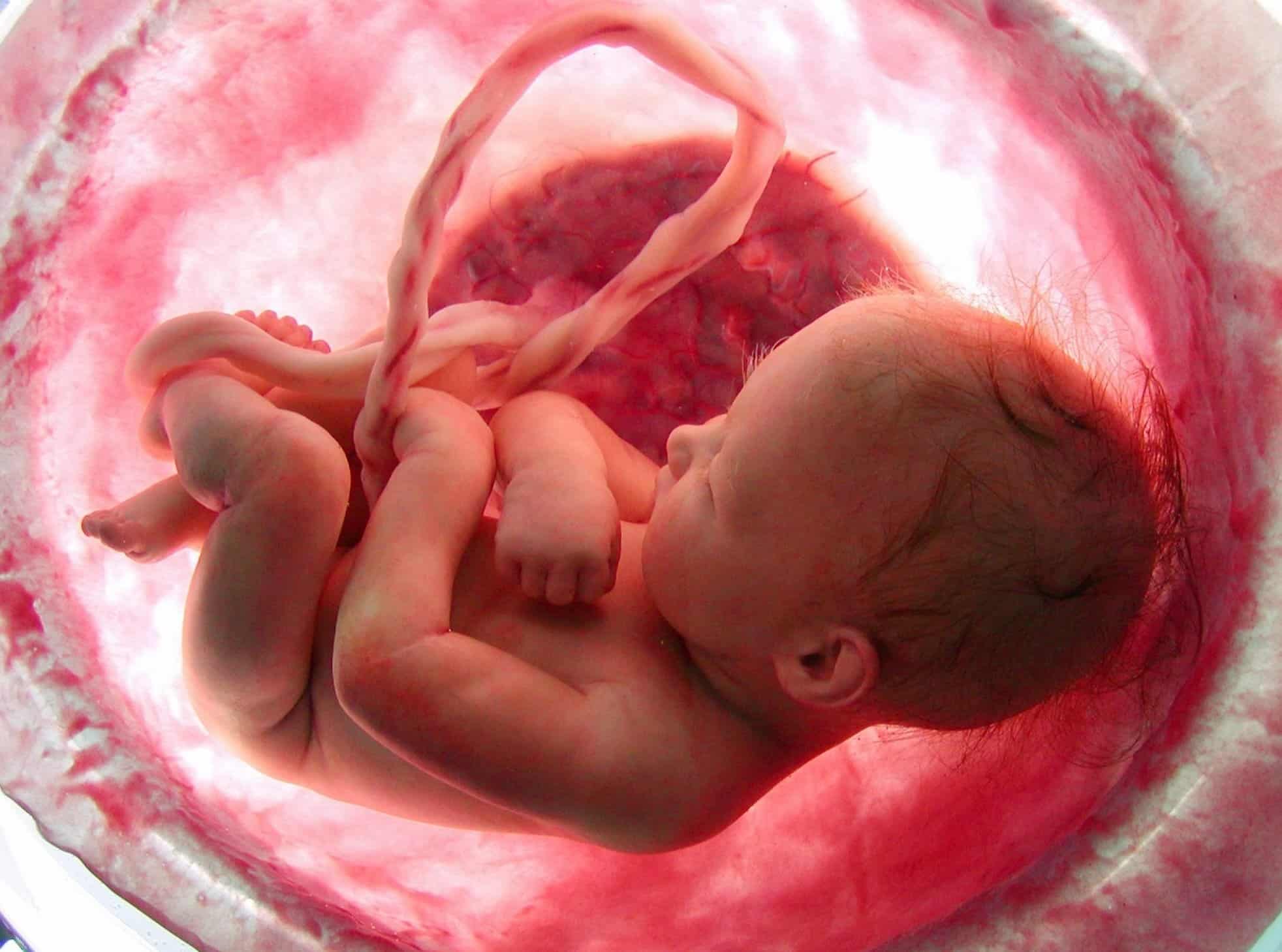For whatever reason, people are eating their placenta.
This defines “creepy”. You probably will not believe it but it’s a strange fad making round these days and even has cookbooks and fully featured websites on the internet to teach you how to cook with placenta.
Despite the fact that there is no evidence that eating your placenta has any health benefits, the idea has gone bizarrely mainstream, with plenty of people on YouTube posting videos of how to prepare placenta, cook placenta, or even turn it into a milkshake. And get this- you even have placenta pills available to be ordered online, in case you don’t have your own placenta at hand.
You can throw up now.
So, many people believe that consuming a placenta — the organ that provides oxygen and nutrients to a fetus — can help them avoid postpartum depression and increase breastmilk production, it is now being considered some sort of a health halo.
The Centers for Disease Control and Prevention, however, are here to take that halo far, far away. The organization released a statement earlier this month detailing a case in which a baby fell ill multiple times. And his infections were traced back to his mother’s placenta pills.
Back
off Kim Kardashian West.“No standards exist for processing placenta for consumption,” the CDC said in the statement. “The placenta encapsulation process does not per se eradicate infectious pathogens; thus, placenta capsule ingestion should be avoided.”
The latest issue of the CDC’s Morbidity and Mortality Weekly Report (MMWR) tells the story of an Oregon woman who after giving birth, gave her placenta to a company, which they then dehydrated and put it in capsules for consumption. Three days after giving birth, she began eating two of the capsules twice a day. And when the baby began having significant breathing problems, doctors discovered that her baby had a group B Streptococcus agalactiae (GBS) bacterial infection. Upon testing the mom’s placenta capsules, they found GBS bacteria. Thus, apparently eating the capsules increased this type of strep bacteria in the mom, who then likely passed along the bacteria to her baby.
“In this case, heating for sufficient time at a temperature adequate to decrease GBS (group B Streptococcus agalactiae) bacterial counts might not have been reached. Consumption of contaminated placenta capsules might have elevated maternal GBS intestinal and skin colonization, facilitating transfer to the infant,” the CDC said in the statement.
Therefore, though new parents obviously have the right to choose whether or not to eat their placenta, the CDC simply thinks that it’s just not worth the risk.



























